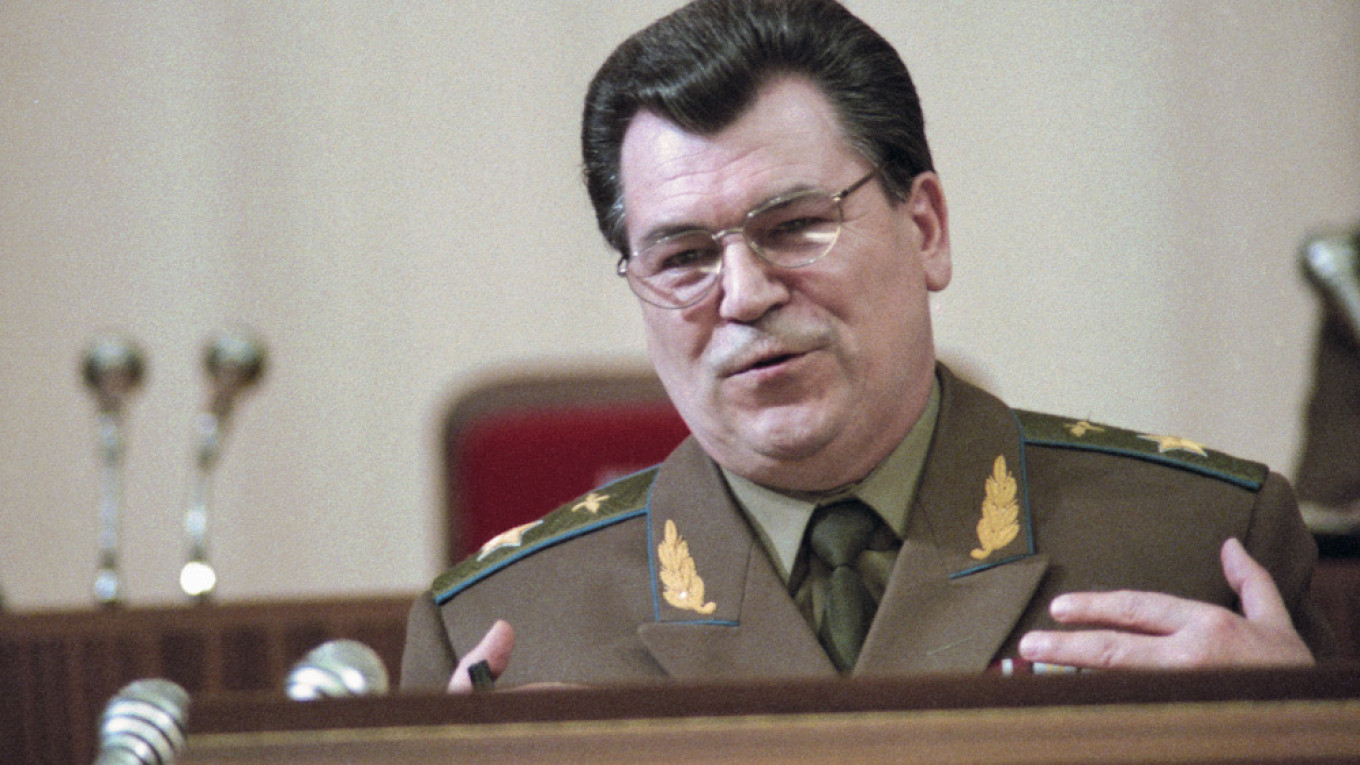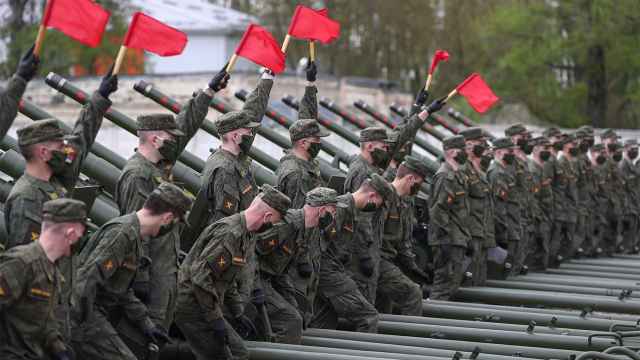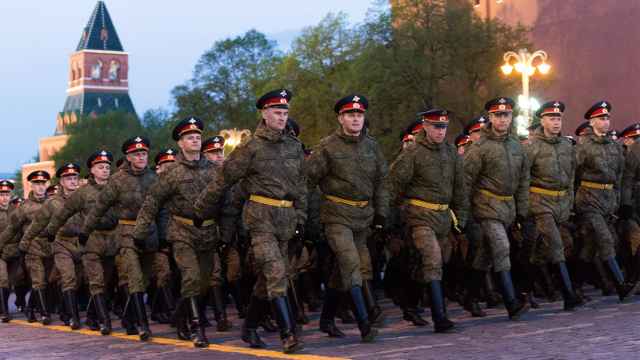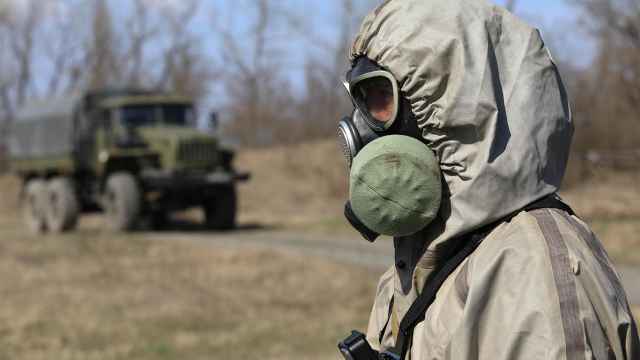Yevgeny Shaposhnikov, the last Defense Minister of the Soviet Union and a Marshal of Aviation, has died at age 78, the state-run RIA Novosti news agency reported Tuesday.
The state-run TASS news agency reported, citing unnamed medical sources, that Shaposhnikov had died as a result of Covid-19.
According to the Mash Telegram channel, Shaposhnikov was diagnosed with the coronavirus and pneumonia on Nov. 25. The former marshal was hospitalized and placed on a ventilator as his condition worsened.
Shaposhnikov was born on Feb. 3, 1942, in the Rostov region, and had served in the Air Force of the U.S.S.R. since 1959. He was a senior pilot and navigator of the regiment, then commanded a squadron, a fighter aviation regiment and a fighter aviation division. By the end of the 1970s, he took up the post of Air Force Commander for Combat Training of the Carpathian Military District, and in 1984 he became Deputy Air Force Commander of the Odessa Military District.
During the attempted coup of August 1991, Shaposhnikov spoke out against the State Emergency Committee which was trying to seize power and supported then-President of the RSFSR Boris Yeltsin.
He was named Defense Minister on Aug. 23, 1991, a position he would hold until the Soviet break-up on Dec. 26, 1991.
Shaposhnikov would play an important role in the subsequent transfer of powers after the Soviet Union’s dissolution. On Dec. 26, 1991, he received the "nuclear briefcase" from former Soviet leader Mikhail Gorbachev and handed it over to the first Russian President Boris Yeltsin.
After a long career in Soviet aviation, Shaposhnikov held a variety of posts in the Yeltsin and Putin administrations, including as a presidential assistant for space and aviation development. He then worked as an adviser and board member of civil aviation companies like Aeroflot and Sukhoi for the rest of his career.
President Vladimir Putin sent a message of condolence to Shaposhnikov’s family and friends on Wednesday.
A Message from The Moscow Times:
Dear readers,
We are facing unprecedented challenges. Russia's Prosecutor General's Office has designated The Moscow Times as an "undesirable" organization, criminalizing our work and putting our staff at risk of prosecution. This follows our earlier unjust labeling as a "foreign agent."
These actions are direct attempts to silence independent journalism in Russia. The authorities claim our work "discredits the decisions of the Russian leadership." We see things differently: we strive to provide accurate, unbiased reporting on Russia.
We, the journalists of The Moscow Times, refuse to be silenced. But to continue our work, we need your help.
Your support, no matter how small, makes a world of difference. If you can, please support us monthly starting from just $2. It's quick to set up, and every contribution makes a significant impact.
By supporting The Moscow Times, you're defending open, independent journalism in the face of repression. Thank you for standing with us.
Remind me later.






